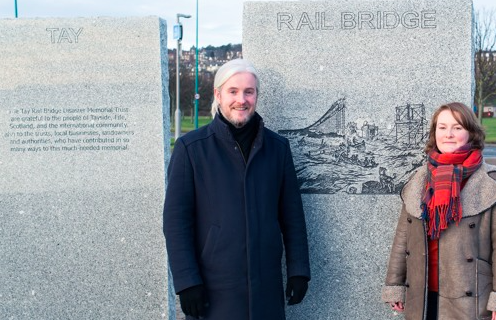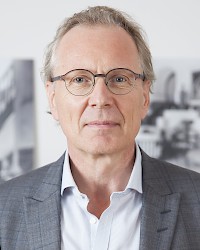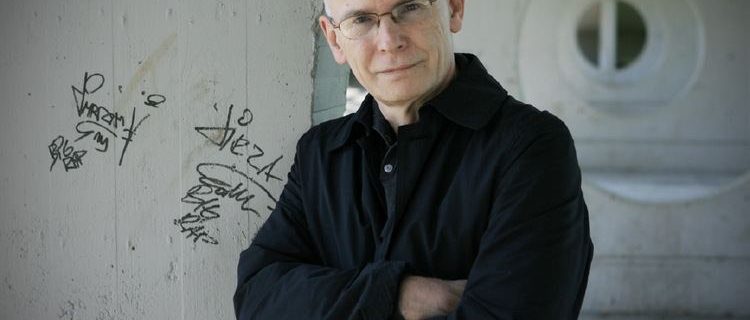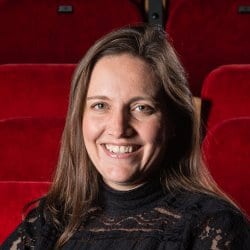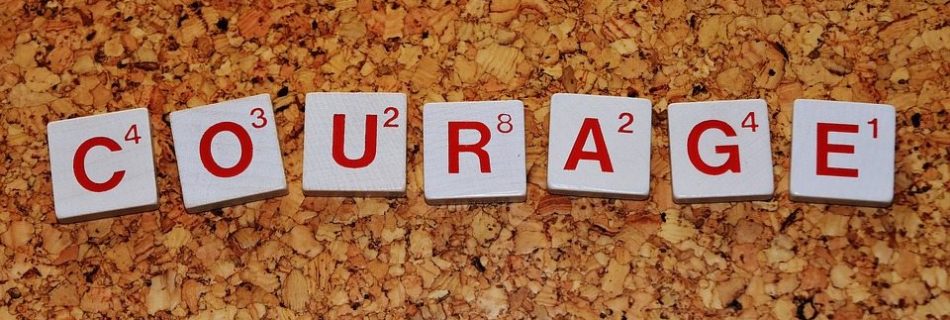[et_pb_section admin_label=”section”]
[et_pb_row admin_label=”row”]
[et_pb_column type=”4_4″]
[et_pb_text admin_label=”Text”]
The Dundee Centenary Fellowship Series
Financed by the Scots Philosophical Association
Our first fellow is Alexander R. Galloway 14.05. – 19.05.2018
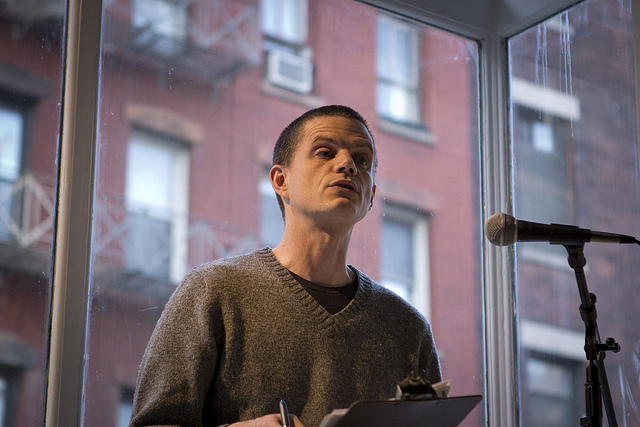
He is a writer and computer programmer working on issues in philosophy, technology, and theories of mediation. Professor in the Department of Media, Culture, and Communication at New York University, Galloway is author of several books, most recently a monograph on the work of François Laruelle.
Our second fellow is Marcia Sá Cavalcante Schuback 22.05. – 27.05.2018
She is Professor of Philosophy at Södertörn University, Sweden. Her recent research in hermeneutics, phenomenology, and deconstruction has covered such topics as translation, the imagination, and exile. During the last three years Cavalcante Schuback has been leading the research project “Loss of grounds as common ground” supported by the Baltic-Sea Foundation, in which she discusses the exilic meaning of existence as existence exposed to the with-out.
Alexander R. Galloway
Masterclasses
First Masterclass: The Concept of the Digital – 14.05, 4.00 – 6.00pm 2S12 DALHOUSIE BUILDING
Second Masterclass: The Concept of the Analog – 15.05, 4.00 – 6.00pm 2S12 DALHOUSIE BUILDING
Alexander R. Galloway
Abstract: Digital and analog, what do these terms mean today? The use and meaning of such terms changes through time. The analog in particular seems to go through various phases of popularity and disuse, its appeal pegged most frequently to nostalgic longings for non-technical or romantic modes of art and culture. The definition of the digital vacillates as well, its precise definition often eclipsed by a kind of fever-pitched industrial bonanza around the latest technologies and the latest commercial ventures. One common response to the question of the digital is to make reference to things like Twitter, Playstation, or computers in general. Here one might be correct, but only coincidentally, for the basic order of digitality (if you will the digitality of digitality) has not yet been demonstrated through mere denotation. And the second question — the question of the analog — is harder still, with responses often also consisting of mere denotations of things: sound waves, the phonograph needle, magnetic tape, a sundial. At least denotation itself is analogical. Over two separate sessions we will define both digital and analog explicitly, not merely by reference to actually existing media technologies, but also, and perhaps more importantly, through encounters with a series of theorists and philosophers. Digital and analog are not so much descriptions of media artefacts as they are modes of thinking and being: the digital closely aligned with rationalism, logic, and politics; the analog with empiricism, aesthetics, and ethics. By the end we will argue, perhaps counter-intuitively, that the golden age of analog thinking was not years ago, prior to the advent of the computer. No, the golden age of analog is today, as evidenced by a number of currents in contemporary arts and letters.
Dundee, evening lecture I
16th of May 4.00 – 6.00pm DCA MEETING ROOM
How Did the Computer Learn to See?
Alexander R. Galloway
Abstract: How did the computer learn to see?
A common response is that the computer learned to see from cinema and photography, that is, from modernity’s most highly evolved technologies of vision. In this talk we will explore a different response to the question, that the computer learned to see not from photography or cinema but from music and sculpture. With reference to the work of contemporary artists, along with techniques for digital image compression, we will explore the uniquely computational way of seeing the world.
Marcia Sá Cavalcante Schuback,
Masterclasses – Time in exile – about the struggle for presence
First Masterclass: 21.05, 4.00 – 6.00pm 2G13 DALHOUSIE BUILDING
Second Masterclass: 22.05, 4.00 – 6.00pm 2G13 DALHOUSIE BUILDING
Third Masterclass:23.05, 4.00 – 6.00pm 2G13 DALHOUSIE BUILDING
Marcia Sá Cavalcante Schuback
In the masterclasses, I will explore the question of exile as a philosophical problem, in the sense that it puts philosophical thought itself in question. I will depart from a description of the world today and the hermeneutical situation it presents for philosophical thought today. The main thesis is that the world today exposes the contradictory movement of, on the one hand, universal dis-ontologization and, on the other, continuous re-ontologization. The question about the meaning of ontology today becomes thereby both aporetic and necessary. I will consider exile as the concrete existential experience of these contradictory movement and will propose a discussion about the temporality of exile as struggle for presence. The main thesis is that exile is not an experience of homesickness for a lost past nor a wanting of absent future but the disquiet of a present continuously absenting, indeed a struggle for presence. I will assume that the temporal mark of exile is the gerundive mode of thought. In order to develop this thesis, I will discuss three experiences of thought that contribute to a thought of the gerundive mode of exile. The first one is Martin Heidegger’s thoughts of presenting; the second is Maurice Blanchot’s thoughts on absenting presence, and the third is the brazilian writer Clarice Lispector’s literature in gerundive.
Dundee, evening lecture II
24th of May 4.00 – 6.00pm DCA MEETING ROOM
Thinking through sketches
Marcia Sá Cavalcante Schuback
In this talk I will discuss the need to develop a thinking through sketches, that relates to the absence of figures without searching for new figures of thought. Thinking through sketches is a tentative essay about the experience and poetics of thinking rather than a systematic conceptualisation of thoughts. It develops in different senses the philosophical meaning of essay, aphorism and fragment as “method” for philosophising. It deals with the question about the end of philosophy and the experience rather than the beginning of thinking.
[/et_pb_text]
[/et_pb_column]
[/et_pb_row]
[/et_pb_section]
